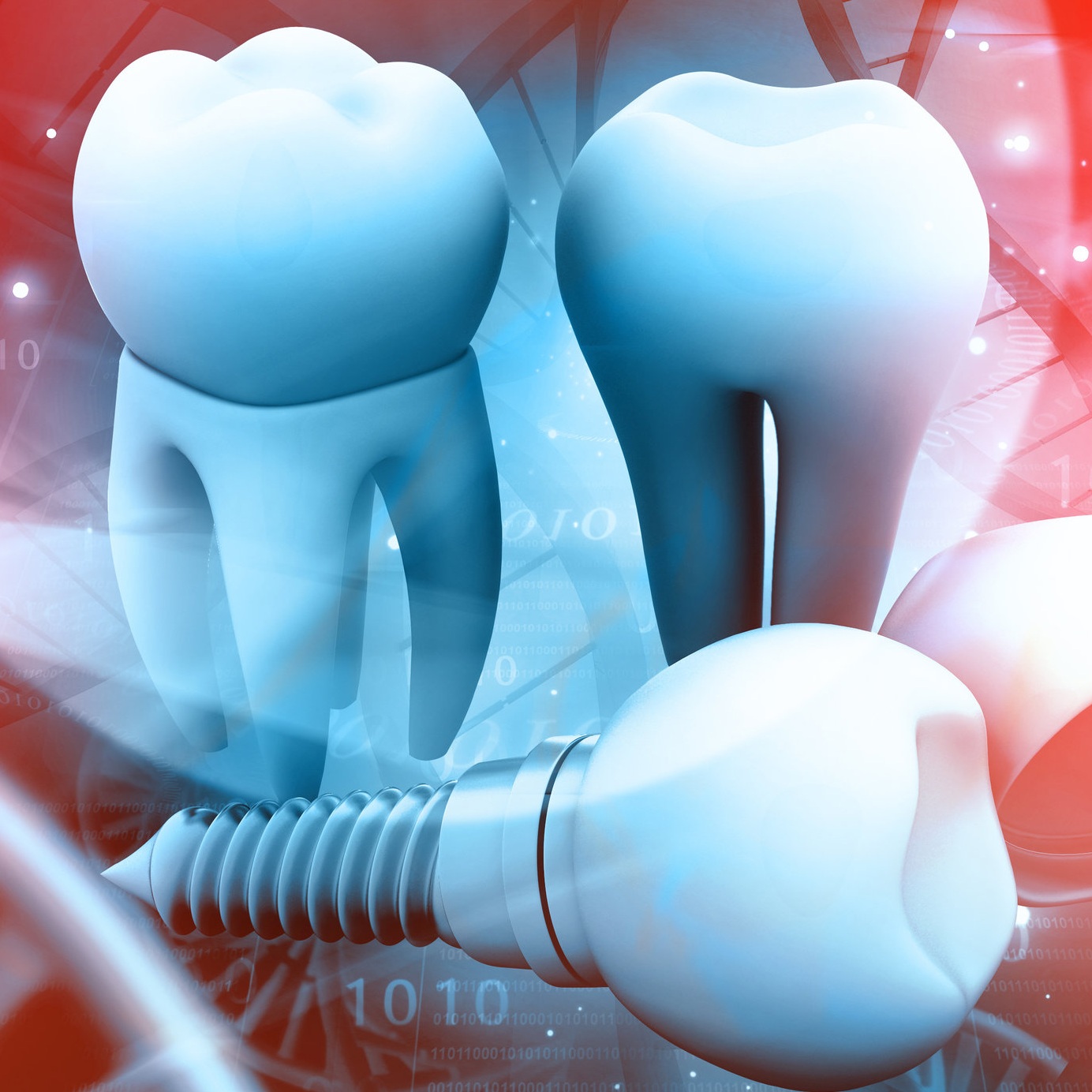People with gum disease may be at increased risk for high blood pressure.
People with gum disease may be at increased risk for high blood pressure.
A recent N.Y. Times article on a possible correlation between gum disease and high blood pressure was published on September 25, 2019.
For a study in Cardiovascular Research, researchers combined the results of 81 studies including more than 200,000 people. Using a blood pressure reading of 140/90 or higher as the definition of hypertension, they found that people with a diagnosis of gum disease were 20 percent more likely to have high blood pressure than those with healthy gums.
The more severe the gum disease, the higher the risk for hypertension. A diagnosis of moderate periodontal disease was associated with a 22 percent increased risk of hypertension, and severe gum disease with a 49 percent increased risk.
On average, people with gum disease had a 4.5-point higher systolic blood pressure reading (the top number). A 5-point increase in systolic pressure has been linked to a 25 percent increased risk of death from heart disease or stroke.
Twelve of the studies examined the effect of periodontal treatment, but only five found evidence that treating gum disease would lower blood pressure.
“There is inconclusive evidence about the efficacy of treating gum disease to reduce blood pressure,” said the lead author, Eva Muñoz Aguilera, a senior clinical teaching fellow at University College London. “We need further evidence to confirm that finding.”
The study itself indicates that about a third of adults in the United States have high blood pressure, and almost half of Americans 30 and older have some degree of gum disease. According to the World Health Organization (WHO) report in 2014, hypertension accounts for 51% of deaths from stroke and 45% of overall CV (Cardiovascular) mortality and this is true of all ages and in all ethnic groups. Blood pressure values are an important predictor of cardiovascular risk.5,6 Despite available treatments, essential hypertension remains poorly controlled with high rates of no treatment and under-treatment.7 Hence, it is still one of the major modifiable risk factors for CVDs that requires urgent management. (Carretero OA, Oparil S. Essential hypertension part I: definition and etiology. Circulation 2000;101:329–335.)
It is estimated that periodontitis affects over 50% of the worldwide population and its severe form is considered the 6th most prevalent disease of humankind (Sanz M, D'Aiuto F, Deanfield J, Fernandez AF. European workshop in periodontal health and cardiovascular disease—scientific evidence on the association between periodontal and cardiovascular diseases: a review of the literature. Eur Heart J Suppl 2010;12:B3–B12.)
Several studies appear to support a relationship between severe periodontitis and hypertension.24–27 Limited evidence also suggests that successful periodontal treatment could improve arterial blood pressure.28,29 However, little is still known about the direction and nature of the association between these two conditions. The overall aim was to conduct a robust critical appraisal of the evidence on the relationship between periodontitis and hypertension
Summary & Commentary by Dr. Pollak DDS:
While the results are inconclusive, the possible link between oral health and cardiovascular disease has been covered for many years. As a dentist, I like to present the most recent studies, not as a scare tactic of my patients but in order to drive a simple point across:
Whether gum disease or other underlying dental issues may lead to other health issues is not the point - why become a statistic when you can, with simple preventative routine, avoid such possible outcomes? We also know that there may be other factors (genetics, diet, lifestyle) that can lead to CV disease but every health expert agrees that maintaining overall health, including and especially dental health may help in combating or exasperating other factors that affect your health.
Daily oral care (brushing and flossing) combined with a six-month dental cleaning (three months if you’ve been diagnosed with periodontitis) is a simple way to possibly reduce the odds - not just of CV symptoms but also minor underlying dental issues that can become major expensive dental work.
Additional Articles About Periodontal Disease By THE AMERICAN HEART ASSOCIATION (AHA) and American STROKE association (ASA)
Gum Disease and Ischemic Stroke Risk in the Atherosclerosis Risk in Communities (ARIC) Study
